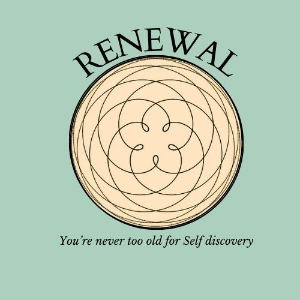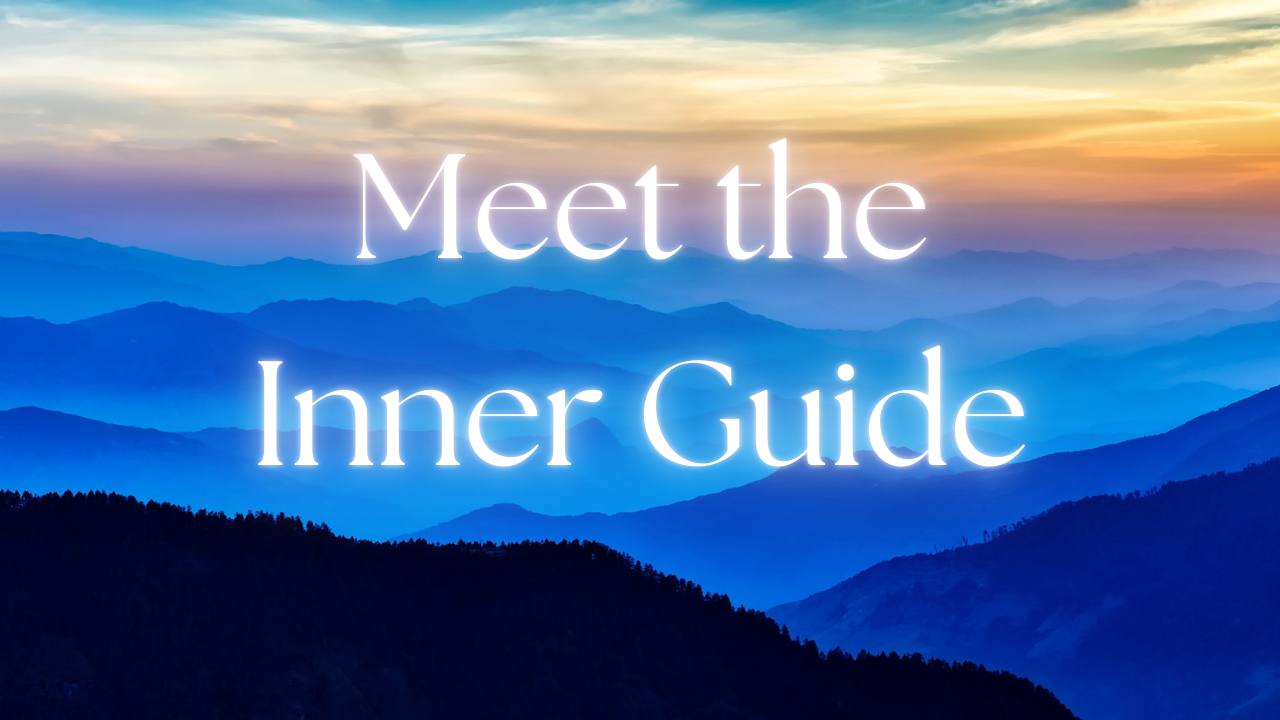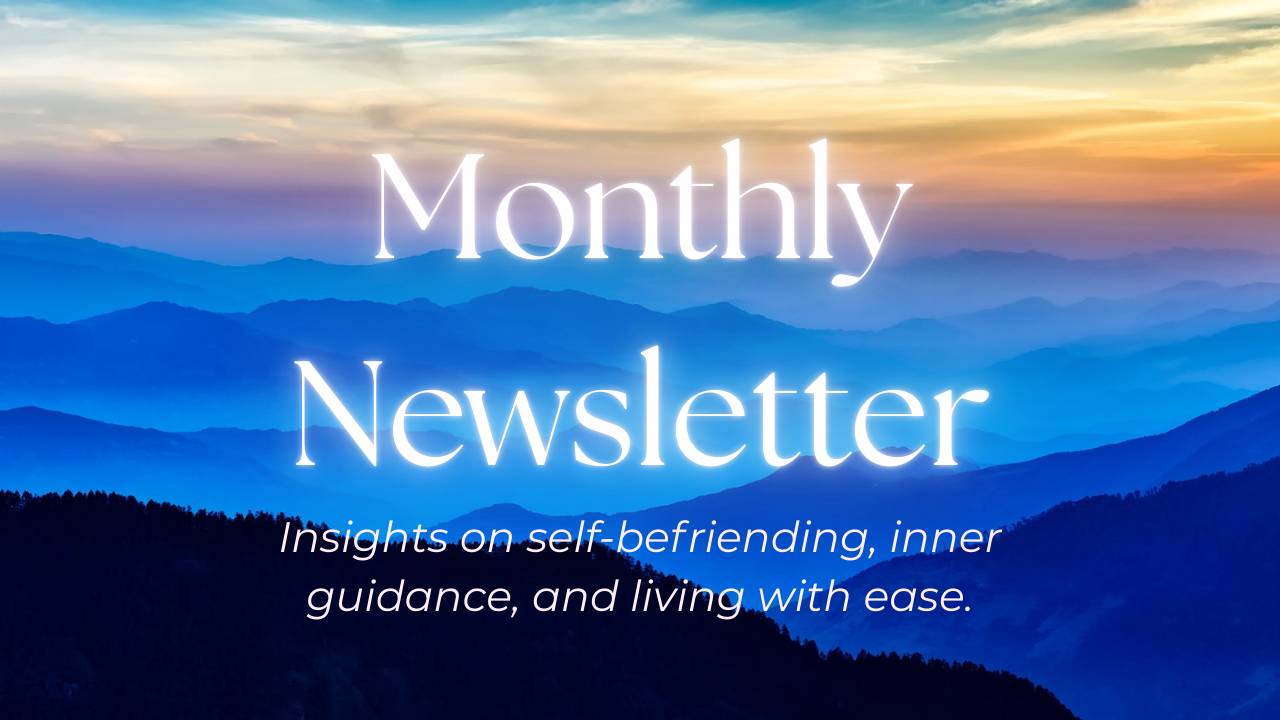You Don't Have to Create Calm, Curiosity, or Connection — Only Learn to Uncover Them
What if everything you're searching for is already here?
In Internal Family Systems (IFS), these qualities are signs that our Inner Guide — what the model calls Self — is leading.
In Buddhism, the same essence is described as buddha nature. Other spiritual traditions have their own words for it. Different names, same wonderful human truth.
This isn't something we earn, achieve, or add on top of ourselves. It's part of who we are — our natural state. The problem is, most of us have spent decades listening to the parts that speak the loudest: the critic, the achiever, the fixer, the one who keeps it all together.
The part of us that already is calm, curious, and connected? It's not missing. It's just been drowned out. Yet it has never given up on us, and is always there waiting to help and support us.
How it actually feels in the body
Here's what the self-help industry won't tell you: calm doesn't feel like floating on a cloud or achieving some blissed-out state. It's much more ordinary — and radical — than that.
Calm might feel like:
→ Your jaw unclenching for the first time in hours
→ Taking a breath and feeling your ribs actually move
→ Pausing without the guilt rushing in
→ No longer needing to "figure it out" right now
Curiosity doesn't feel like analysis or overthinking. It feels like:
→ Space around a question instead of urgency
→ A shift from 'what's wrong with me?' to 'what's going on in me?'
→ The difference between the whole sky versus being trapped in a sardine can
→ Wonder without the pressure to immediately solve
Connection doesn't require you to be bonded with everyone or performing likability. It feels like:
→ Being comfortable in your skin when you're with others
→ Letting your face rest instead of managing your expression
→ Not abandoning yourself the moment you feel vulnerable
→ Being ok with being alone
Why it feels so hard to access (and why that makes perfect sense)
If you've spent years overriding your own needs — to perform, to care for others, or to stay in control — your nervous system isn't wired for ease. It's wired for survival.
The high-functioning woman often carries:
→ A relentless inner critic that never takes a day off
→ A manager part that believes rest equals failure
→ A fear that letting go means everything will fall apart
→ A deep belief that she has to be "on" to be worthy
So when calm shows up, it feels suspicious. What's the catch? When curiosity arises, the critic interrupts with a to-do list. When connection softens us, we brace for disappointment.
This isn't weakness. This isn't "resistance." These are protectors you developed to survive in systems that weren't always safe for your authentic self.
They've done their job beautifully. And now they're exhausted.
What actually gets in the way
Most of us learned early that the world wasn't entirely safe for who we really are. Maybe you grew up in a family where emotions were too much, or performance was love, or criticism came disguised as care. Maybe you experienced trauma that taught your system to stay vigilant. Maybe you inherited generational patterns of suppression, people-pleasing, or perfectionism.
So you developed strategies: work harder, manage more, give endlessly, stay ten steps ahead of any possible problem. In Internal Family Systems, we call these "parts" — inner roles that took on jobs to keep you safe.
The critic who keeps you from failing.
The achiever who earns love through doing.
The fixer who prevents abandonment by being indispensable.
The caretaker who avoids conflict by managing everyone's emotions.
These parts aren't the problem. They're not broken or bad. They've been working overtime to protect something precious.
But here's what they don't know: the danger has often passed. The coping mechanisms that saved you then can imprison you now.
And here's the revolutionary truth they're protecting: beneath all those protective layers, there's a part of you that was never damaged, never lost, never in need of fixing.
IFS calls this Self. Buddhism calls it buddha nature. Other traditions have their own names. But the essence remains: this steady, wise, compassionate awareness is your birthright.
You don't need to create it. You need to remember it's already there.
What actually helps (spoiler: it's not another technique)
The real work — the kind that changes everything — isn't about pushing these protective parts away or overriding them with positive thinking. It's about building relationship with them.
It's about becoming curious about your own inner world instead of trying to control it.
This means:
→ Practicing non-judgmental awareness of what's actually happening inside
→ Listening inward with kindness instead of criticism
→ Allowing safety to grow slowly, organically, over time
→ Learning to include all parts of yourself in the conversation
→ Discovering that nothing actually needs to be "fixed"
This is how your Inner Guide gains influence — not through force or willpower, but through trust and presence.
While meditation apps and breathing techniques can help you pause (and they do help), real transformation comes from learning to be with whatever shows up without immediately trying to change it.
What if the goal isn't to feel better, but to feel everything with more presence?
The reminder that changes everything
You don't need to become someone new. You don't need to add more practices, read more books, or figure out the "right" way to be human.
You already carry within you everything you're searching for.
The calm that doesn't depend on circumstances. The curiosity that meets life with wonder instead of judgment. The connection that starts with belonging to yourself.
In different traditions, it has different names. But at the heart of it: this is what it means to be human. This is who you already are.
And you don't need anyone's permission — not your family's, not society's, not even your protective parts' — to claim it.
You're allowed to come home to yourself.
What protective patterns do you notice in yourself that once kept you safe but now feel exhausting? I'd love to hear what resonates in the comments.




Responses